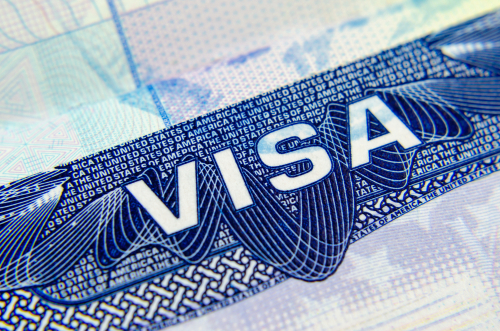
Reckoning with the essential nature of temporary visa-based workers to the United States economy, the U.S. Department of Homeland Security (DHS) announced a proposed rulemaking this week that would update H-2 visa programs to strengthen worker protections and more.
These efforts target two programs: H-2A temporary agricultural and the H-2B temporary nonagricultural worker programs. Employers need to file petitions for nonimmigrant workers on workers’ behalf, after which the Department of Labor certifies why U.S. workers cannot fill the job opportunity and that wages and working conditions for U.S. workers will not be impacted by these temporary employments.
Under the new proposal, which comes as Senate Republicans contemplate a border bill that would make visa standards stricter and higher than ever, workers under these statuses would gain strengthened protections against exploitative conduct by employers and add whistleblower protections. Employers who violate H-2B program requirements could be ineligible for visas going forward. Prohibitions on employer-imposed fees would be further clarified, and consequences detailed to prevent further abuse.
In general, DHS also seeks to make H-2 programs more flexible. Grace periods for those seeking new employment would be extended, along with those preparing for departure or seeking immigration status changes, granting wiggle room for those trying to hold to the letter of the law.
“For years, H-2A and H-2B temporary worker visa recipients have been essential to our seasonal and agricultural economies,” Secretary of Homeland Security Alejandro Mayorkas said. “These proposed reforms will help U.S. employers address worker shortages through new program flexibilities. They will also help provide this vulnerable population of workers with the protections they deserve. Alongside our partners across the Biden-Harris administration, DHS is committed to safeguarding our economy, our security, and our American values.”
Some benefits would also be provided to employers. For example, H-2 portability would be made permanent, meaning that employers with worker shortages could hire H-2 workers already lawfully in the United States even while their H-2 petition is pending approval.
Once published in the Federal Register, the public will have 60 days to comment on the proposed rulemaking.




